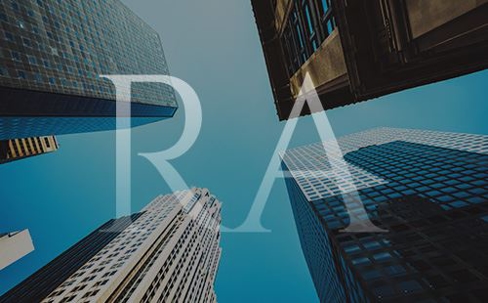The New Jersey Supreme Court has issued a ruling finding that an attorney did not commit a violation of the Rules of Professional Conduct (“RPC”) by having his Paralegal “friend” a plaintiff on Facebook during a personal injury lawsuit. The alleged violation occurred in 2008 when the attorney was representing a public entity in connection with a personal injury lawsuit filed by the plaintiff. During the course of the litigation, the attorney’s paralegal monitored plaintiff’s social media, including Facebook. At some point during the lawsuit, plaintiff set his Facebook page to private. The Paralegal advised the attorney that the Facebook page was no longer public and asked the attorney whether or not she should attempt to “friend” the plaintiff so she could see what was on his page. Not fully understanding what “friend” meant, the attorney authorized the Paralegal to attempt to “friend” the plaintiff. Ultimately, the plaintiff accepted the “friend” request.
While monitoring plaintiff’s Facebook page, the Paralegal came across a video showing him wrestling. The defense felt this video demonstrated that plaintiff was overstating the nature of his injuries. After taking plaintiff’s deposition, the defense attorney provided a copy of the video to plaintiff’s attorney. Plaintiff’s counsel learned how the video was obtained and alleged defense counsel improperly communicated with the plaintiff in violation of ethics rules. Ultimately, the plaintiff filed an ethics charge against the attorney, as did plaintiff’s counsel.
Over the 13-year history of this matter, plaintiff initially filed a grievance with the District Ethics Committee. They concluded that the actions of the defense attorney did not constitute unethical conduct and declined to docket the grievance for a full review. Plaintiff’s counsel then wrote to the Office of Attorney Ethics Director (“OAE”) seeking an investigation into the conduct of the attorney. After the investigation, the OAE filed a complaint against the attorney alleging violations of several RPCs. A Special Master was assigned and conducted three days of hearings. The Special Master concluded that the OAE failed to find clear and convincing evidence that the attorney violated the RPCs. Following the de novo review of the record, six members of the Disciplinary Review Board determined that the attorney had violated the RPCs. The New Jersey Supreme Court ultimately concluded that the OAE failed to establish by clear and convincing evidence that the attorney violated the RPCs and the disciplinary charges must be dismissed.
In rendering its decision, the Court noted that in 2008, the attorney in question was not tech savvy. He did not know how Facebook functioned and did not understand the privacy settings. Specifically, he did not understand the concept of friending an individual.
Due to the lack of technical knowledge possessed by the attorney and the fact that Facebook was relatively new, the Court found that, at that time, no ethical violations had occurred. However, the Court noted that today, the defense of ignorance will not be a safe haven to an alleged ethical violation relating to communication with an adversary party via social media. The Court noted that lawyers must educate themselves with commonly used forms of social media to avoid a scenario similar to that which arose in this matter. The Court further noted that attorneys must take special care to ensure that non-lawyers who work on their behalf are aware of potential pitfalls associated with social media. Attorneys must oversee and monitor their actions to make sure they do not run afoul of the Rules of Professional Conduct. In this decision, the Court made it clear that an attorney may not use ignorance of a social media platform to try to escape responsibility for an ethical violation. A rule of thumb is that in a disputed matter, attorneys should not seek to friend or obtain information of an adversary party which would otherwise be shielded from the public. The Court did note that should a party place information on the internet or on public social media platforms, that information is fair game for an adversary counsel to use in connection with litigation.

